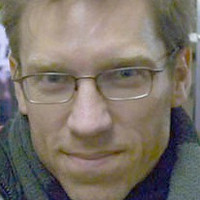Jessica Hopper is editor-in-chief of the Pitchfork Review and the author of The First Collection of Criticism by a Living Female Rock Critic.
“I have an agenda. You can’t read my writing and not know that I have a staunch fucking agenda at all times.”
Thanks to MailChimp, Blue Apron, and Fracture for sponsoring this week's episode.





